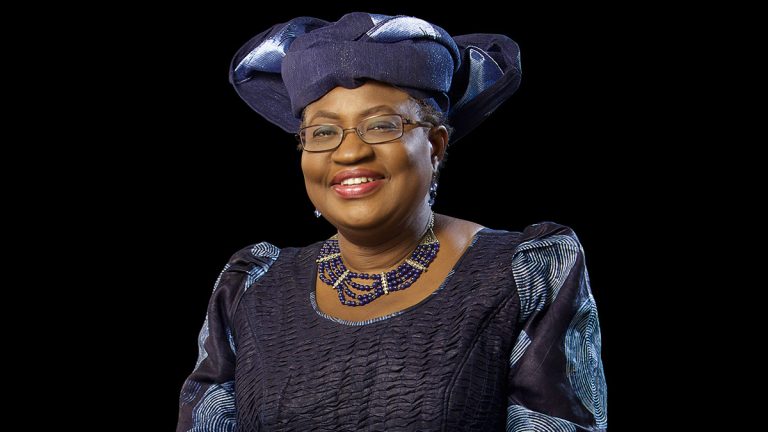Dr. Ngozi Okonjo-Iweala has emphasized the need to reduce cotton subsidies to provide developing countries with greater market access.
As the Director-General of the World Trade Organization (WTO), Dr. Okonjo-Iweala highlighted the importance of leveling the playing field by cutting cotton subsidies, which currently total $8 billion. This reduction would enable developing nations to better benefit from trade.
She made these remarks during the opening ceremony of World Cotton Day 2024 in Cotonou, Benin Republic, where she noted the WTO’s ongoing efforts to support the cotton sector.
Dr. Okonjo-Iweala expressed concern that, despite the high quality and environmentally friendly nature of African cotton, the sector faces significant challenges, including market distortions and climate change.
She pointed out the vital role of cotton in the economies of West and Central Africa, especially in the Cotton4+ countries—Benin, Burkina Faso, Chad, Mali, and Côte d’Ivoire—which collectively produce over one million tons of cotton annually. This output accounts for 50 percent of Africa’s total cotton production and 4 percent of global production.
In her comments on this year’s World Cotton Day, which celebrates Benin’s economic achievements under President Guillaume Athanase Talon, she praised the country’s robust economic performance and prudent management.
Dr. Okonjo-Iweala commended Benin for hosting the event, marking the first time it is held in Africa, and emphasized the continent’s growing investment opportunities in cotton.
“I hope this World Cotton Day serves as a platform to coordinate our efforts to improve conditions for cotton farmers and support the transformation of the sector, focusing on sustainable development and maximizing growth, jobs, and opportunities,” she stated.
She also noted that West and Central Africa ranks as the third-largest cotton exporter globally, following the United States and Brazil. The region has significantly contributed to global trade, which has surged from $8.2 billion in 2003 to $23 billion in 2022.
Despite these achievements, she reiterated that African cotton faces serious challenges, from market distortions to climate issues.
Dr. Okonjo-Iweala recalled that 20 years ago, the Cotton4 countries called for action at the WTO against unfair trade practices, which led to cotton receiving special status within the organization. This has resulted in regular meetings to address trade and development concerns in the sector.
On the development front, she highlighted the significant progress made in enhancing the competitiveness of Cotton4 countries and tapping into the vast potential of cotton markets both in Africa and globally.
“The African market for cotton alone is valued at $12 billion. We are also exploring external opportunities, including the sports apparel value chain, which is projected to reach $250 billion by 2026,” she added.

